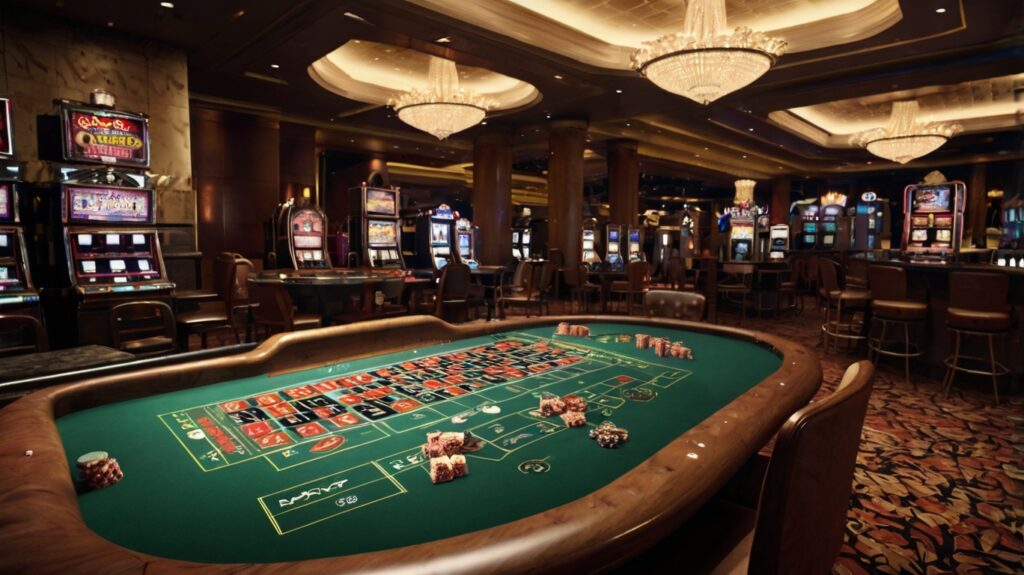
Gambling is meant to be an enjoyable form of entertainment. Whether you’re spinning slots, betting on sports, or playing poker, the excitement comes from the possibility of winning and the thrill of the game. But like any activity that involves money and emotion, it’s important to approach gambling with balance. That’s where responsible gambling comes in. https://d2ol.com/
Responsible gambling is all about knowing your limits, setting boundaries, and making sure that playing remains a fun activity, not a harmful habit. The key idea is simple: gamble for entertainment, not as a way to make money. The outcome of games is unpredictable, and the odds always favor the house in the long run. That doesn’t mean you can’t win—it just means you should never rely on gambling to solve financial problems or chase losses.
One of the most effective ways to gamble responsibly is to set a budget before you play. Decide how much money you’re willing to spend and stick to it, whether you win or lose. This money should be disposable income—something you can afford to lose without affecting your daily life, bills, or savings. It’s easy to get caught up in the moment, especially after a few wins or near-misses, but having a firm spending limit keeps things in perspective.
Time management is just as important. Gambling should never take priority over work, relationships, or other personal responsibilities. It’s a good idea to set a timer or take regular breaks during longer sessions. Many online casinos now offer tools that allow you to set time limits, loss limits, or even temporary self-exclusion periods. Using these tools can be a smart way to keep control and enjoy gaming in moderation.
Recognizing the signs of problem gambling is crucial, too. If you find yourself feeling anxious when not gambling, borrowing money to play, or lying about your losses, it might be time to reassess your habits. The same goes if you’re chasing losses, trying to win back money you’ve lost by betting more aggressively. These are signs that gambling is no longer a fun activity—it’s becoming a compulsion.
The good news is that support is available. Many casinos promote responsible gambling and partner with organizations that provide help, such as GamCare, BeGambleAware, or Gambling Therapy. These services offer confidential advice, support groups, and counseling for those who feel their gambling might be getting out of control. There’s no shame in asking for help. In fact, taking that step shows strength and self-awareness.
It’s also helpful to involve trusted friends or family members. Talking openly about your gambling habits can provide perspective and accountability. If you’re unsure about your own behavior, they may notice patterns that you can’t see yourself.
Responsible gambling also includes being informed. Learn how the games work, understand the odds, and know what features to look for in a reputable online casino. Avoid unlicensed platforms, and make sure the casino you use offers secure payment methods, clear terms, and responsible gambling features.
In the end, gambling should be just one part of your entertainment routine—not a main source of excitement or stress. Like going to the movies or out for dinner, it should be something you enjoy occasionally and in balance with other areas of your life.